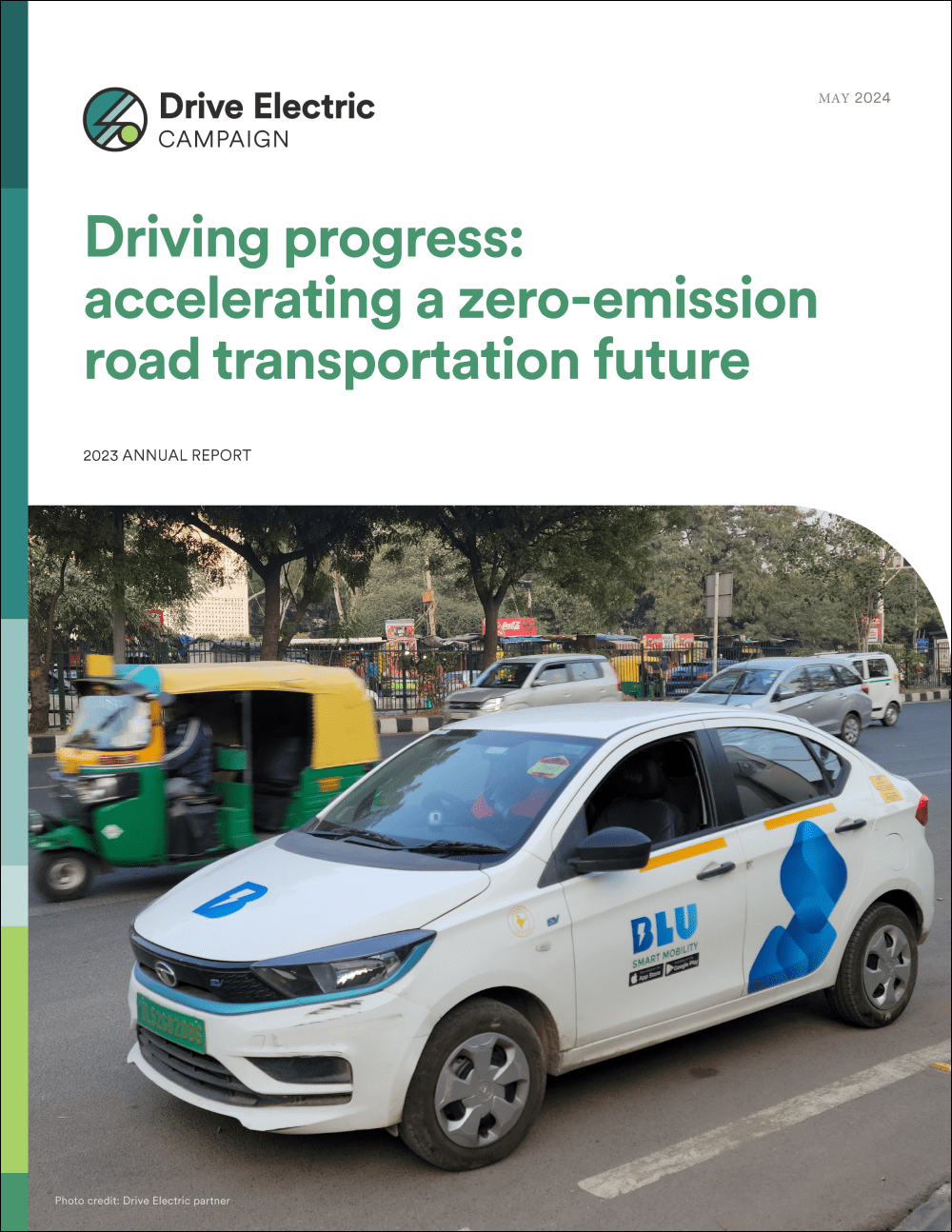RMI India Mobilising Finance for EVs in India: A Toolkit of Solutions to Mitigate Risks and Address Market Barriers
RMI India Mobilising Finance for EVs in India: A Toolkit of Solutions to Mitigate Risks and Address Market Barriers
India’s transition to electric vehicles (EVs) has advanced rapidly in the past few years. A supportive policy environment, improving economics, and emerging business models have poised the EV market for significant growth in the coming decade.
Key barriers related to EV adoption—including technology cost, infrastructure availability, and consumer behaviour—must be overcome. Our report Mobilising Finance for EVs in India: A Toolkit of Solutions to Mitigate Risks and Address Market Barriers highlights financing as another key hurdle to accelerating uptake. EV buyers currently face a range of financing challenges, such as high interest and insurance rates, low loan-to-value ratios, and limited specialised financing options. These challenges will only become more important to address as EV adoption picks up.
The quantity of capital and finance required for India’s EV future is considerable. Our analysis estimates that the cumulative capital cost of the country’s EV transition between 2020 and 2030 is INR 19.7 lakh crore across vehicles, charging stations, and batteries. The projected size of the annual loan market for EVs in 2030 is INR 3.7 lakh crore.
Considering the future capital and financing requirements for India’s EV transition, it is important to start developing solutions to enable finance for EVs today. NITI Aayog and Rocky Mountain Institute, with RMI India as a research support, have developed a toolkit of 10 solutions for government, industry, and financial institutions.
